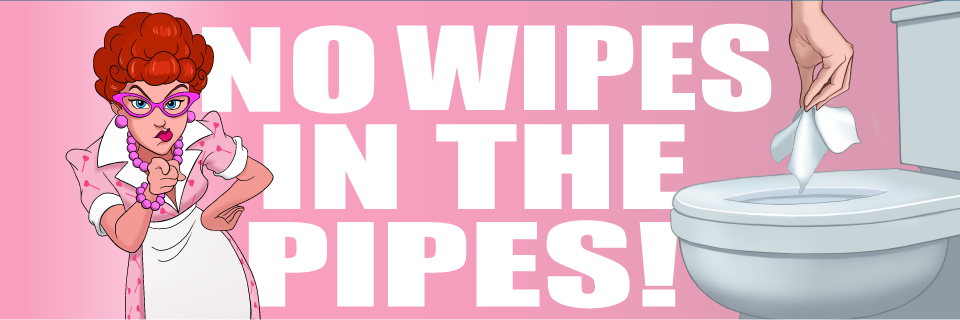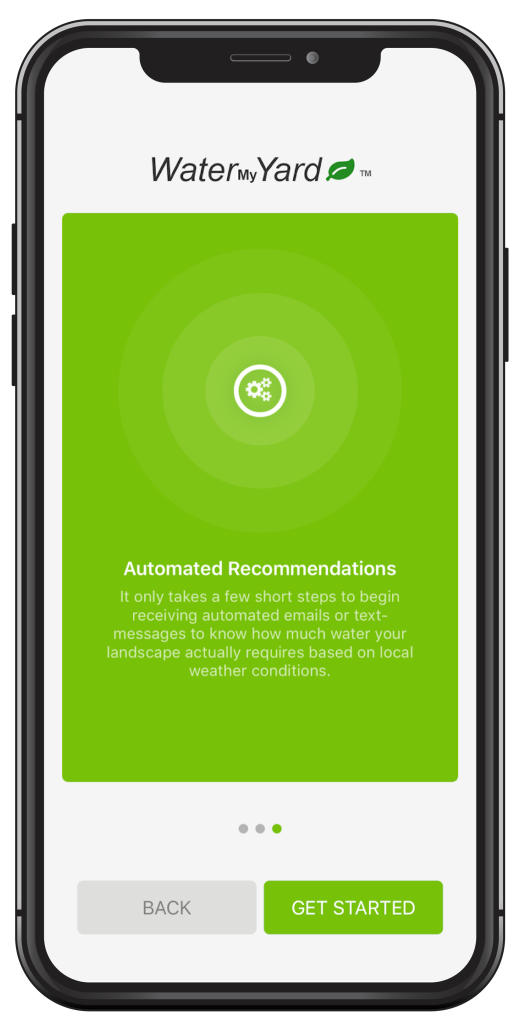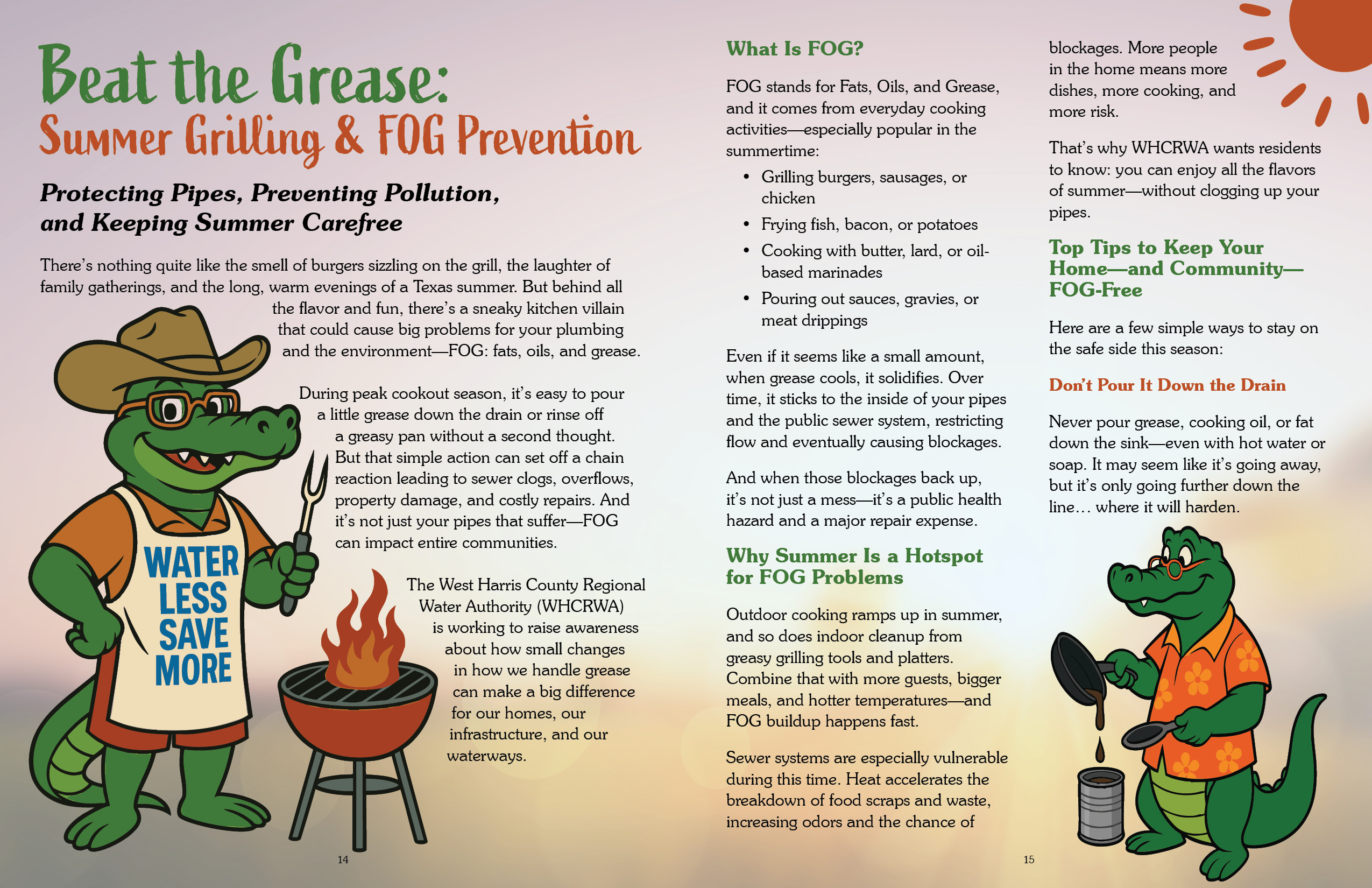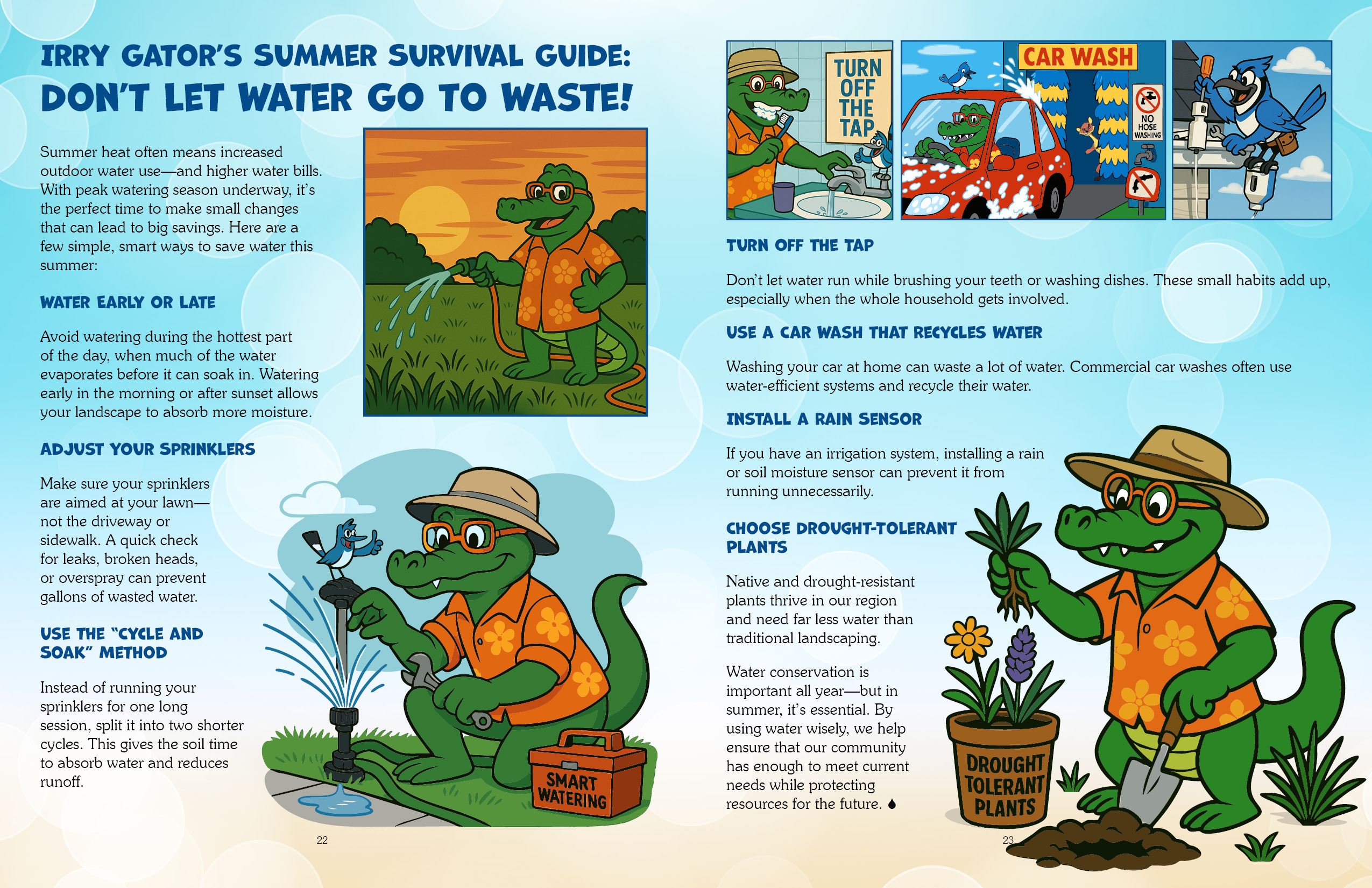They’re BACK — Don’t give them a home!
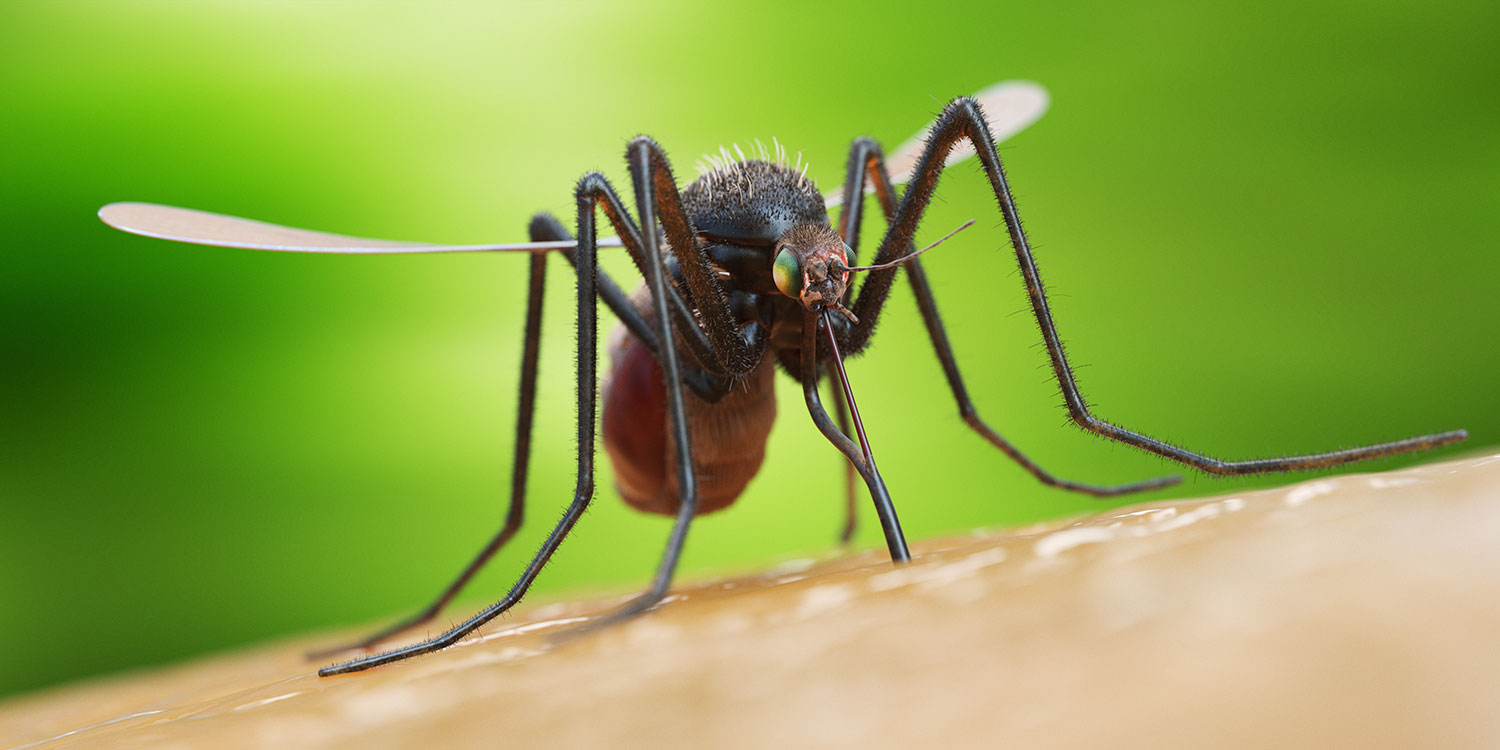
Just when you’re relaxing with your family on the patio, you hear it — the distinct dive bomber buzz of a mosquito with a nice juicy spot on your bare arm in her sights. HER sights? Yes, indeed. It is the female mosquito that is responsible for ‘biting’ you. She’s not biting out of spite — she needs the protein from blood to produce eggs. Not that it matters…the end result is the same — a tiny spot that itches the more you scratch it.
Here’s some more bad news…mosquitoes can find you from up to 36 yards away using sensory organs to detect smell, carbon dioxide, warmth and moisture emitted from a chosen host. The nasty little insects tend to stay around the area in which they hatched, so it is a really good idea to kill them before they make themselves at home. And since they need standing water for three quarters of their lifecycle the primary targets in your yard should be relatively easy to find.
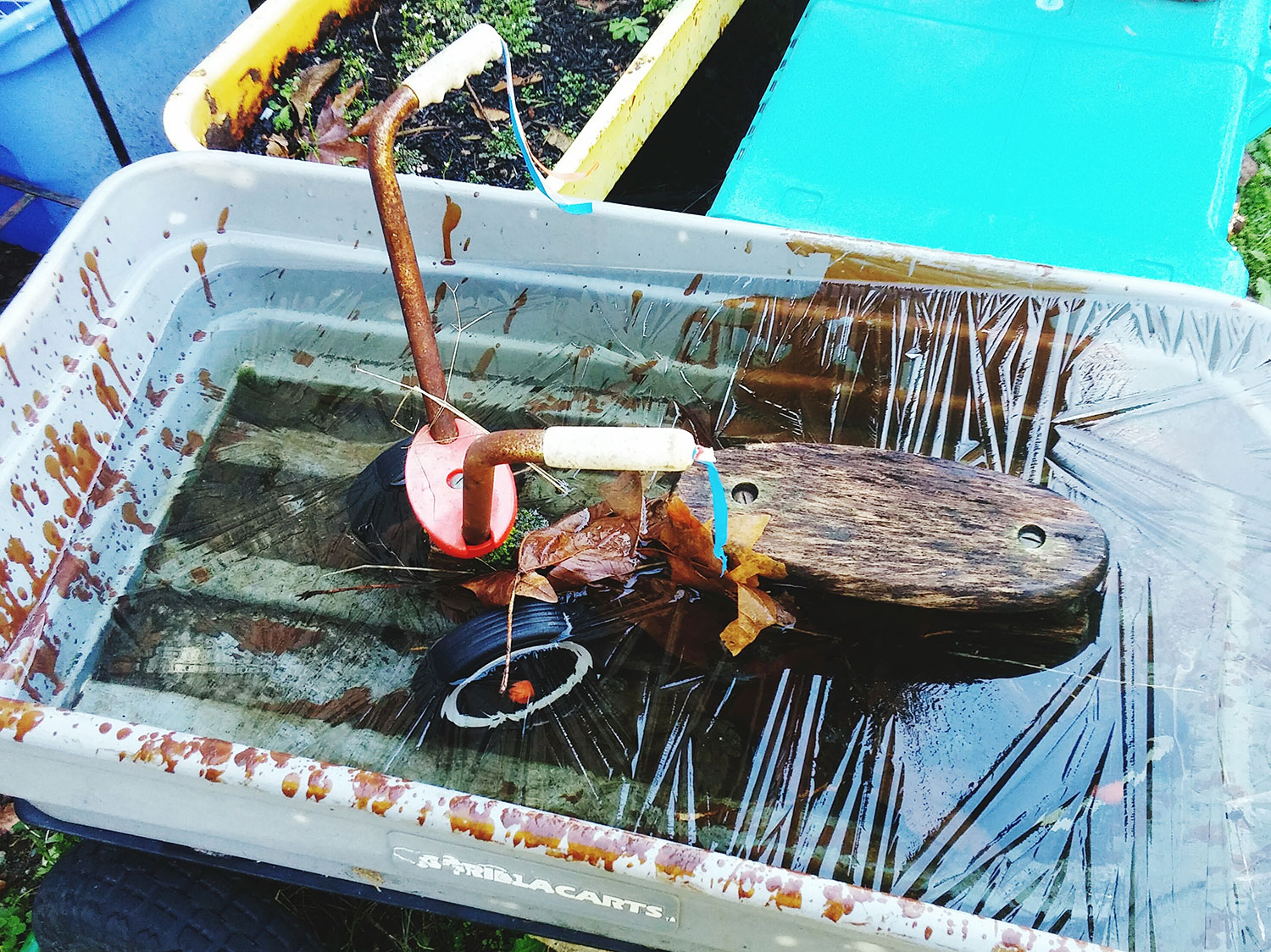
If you hate mosquitoes, give some thought to how much you water your lawn. It only really needs watering twice a week AT THE MOST, even during hot summer months. If you’re overwatering — and most people do — it is likely there are some soggy spots that make an attractive home for these annoying, blood-thirsty pests.
There are probably lots of attractive mosquito breeding spots in your yard and around the house; you’ve just never hunted them down before. Here are some favorite mosquito “incubators” to look for…
Bird baths and pet bowls…hose them out and add fresh water regularly. Your dog or cat will appreciate the fresh water. They’re not very fond of mosquitos, either.
Wheelbarrows are often left where they were last used, and if not turned over, they will collect rainwater. Dump water out of wheelbarrows and other yard equipment and store them properly.
If there are any young people around the house, put away toys and play-things that might hold water. Mosquitoes don’t need a lot of standing water to make a nice home.
Make sure to keep grass clippings and leaves out of the storm drains. Not only is putting grass clippings or leaves in the storm drains prohibited, but the debris tends to hold water and that attracts mosquitoes. While we’re on the subject of storm drains, there are some very important “dos and don’ts” when it comes to these important conduits.
Most people are unaware of how they impact water quality, and are seriously surprised to learn that folks going about their daily lives are the number one source of stormwater pollutants. Some of the biggest contributors to this problem are routine residential activities such as lawn mowing and fertilizing; car washing and maintenance, and the application of pesticides and herbicides on lawns and landscaped areas. These all add contaminants to storm runoff and can end up in our drinking water supply.
On household lawns and gardens, homeowners can try natural alternatives to chemical fertilizers and pesticides. Composting, use of native plants and Xeriscaping in landscaped areas can reduce or even eliminate the need for chemicals. Natural predators like frogs, dragon-flies, and bats can help take care of pesky insects. If chemicals are needed around the home, they should be stored properly to prevent leaks and access by children. Most cities have designated sites for the proper disposal of used chemicals.
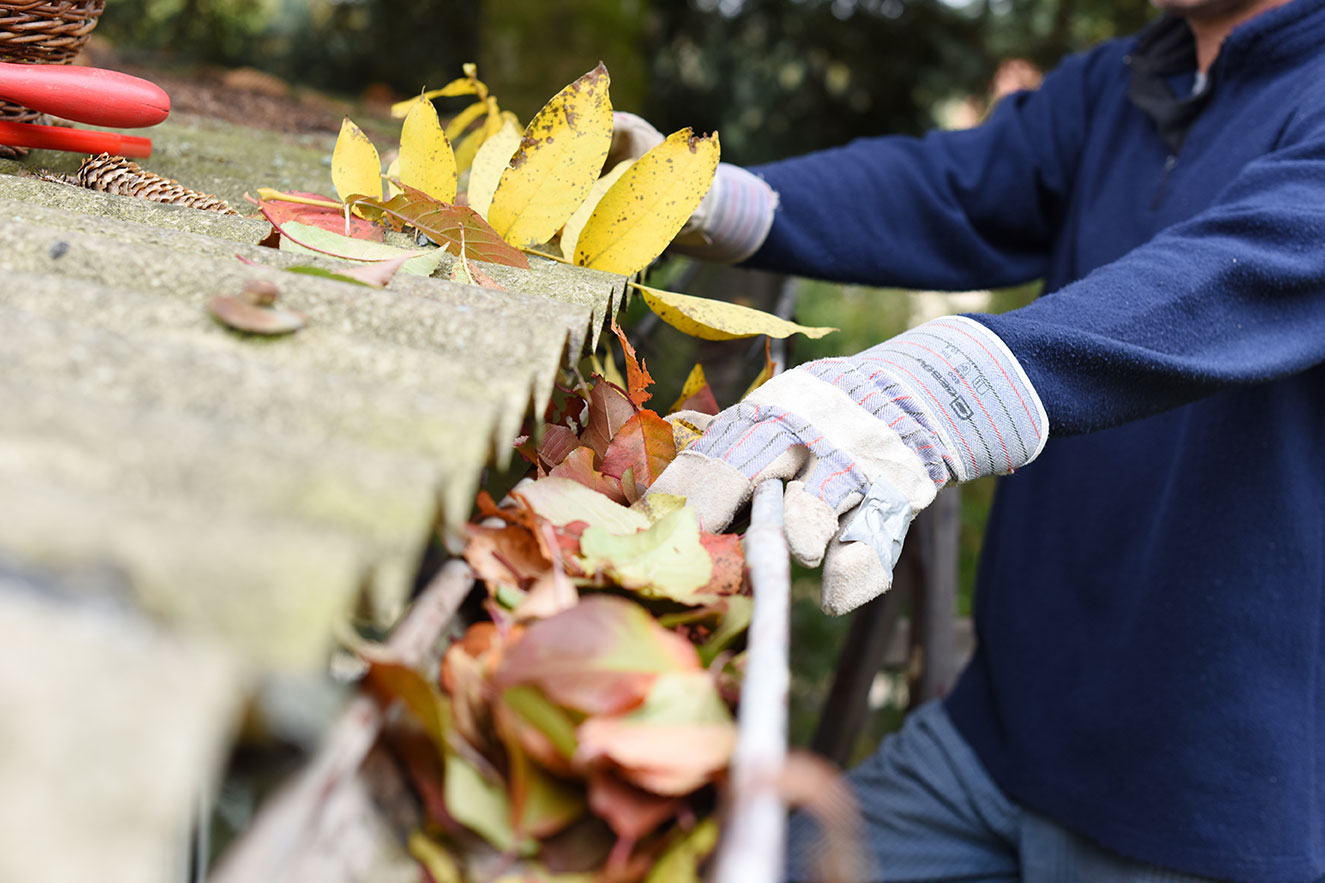
For the same reason, clean the gutters regularly. Not only do leaves and pine-straw gather in these troughs and create havens for bugs, but if we do get a really good rain the debris will negate the reason for having the things in the first place…and water will simply stream over the edge. Unfortunately, cleaning out gutters has about as much appeal as pulling weeds, but the end result is worth it…in both cases.
Another nice mosquito breeding area that is not so apparent is container plants. Plant pot saucers can collect water, so check and empty them regularly. Or — here’s a clever idea that will help retain moisture — fill them with sand or fine mulch to retain the water.
If you have a cover on your swimming pool or spa, prevent water from puddling on the cover. While you’re checking around, eliminate any yard debris that might hold water. Eliminate any of these potential “homes.”
If you have any kind of yard ornaments, check them carefully for places water can collect. Some common sense and vigilance will send the pesky little blood suckers somewhere else to live. Enjoy your summer and be bite free!



